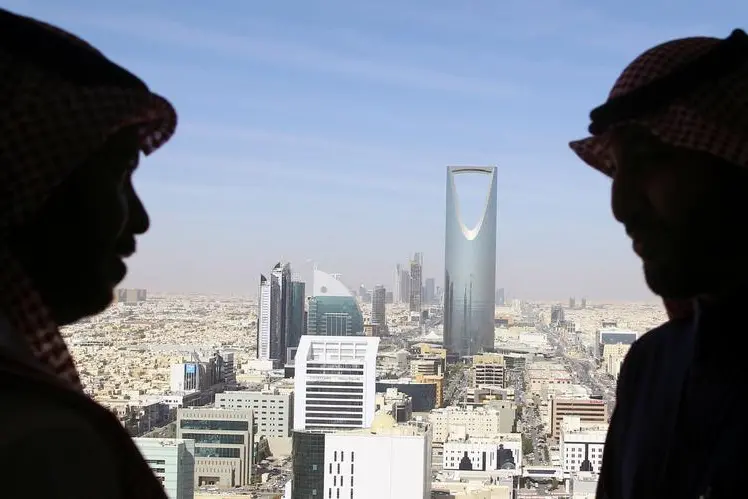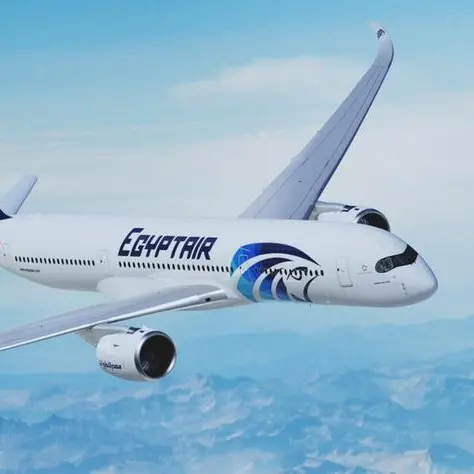PHOTO
(The author is a Reuters Breakingviews columnist. The opinions expressed are his own.)
By Richard Beales
NEW YORK, May 21 (Reuters Breakingviews) - Saudi Arabia's Public Investment Fund is on a roll. On top of its involvement in a $100 billion SoftBank-led technology fund, the Kingdom's main sovereign wealth fund on Saturday unveiled the bones of a $20 billion commitment to a new vehicle run by private-equity giant Blackstone that will target American infrastructure. With additional investment and leverage, that could turn into a whopping $100 billion of firepower. The challenge will be finding things to invest in.
U.S. roads, bridges and the like are ripe for upgrading with a big injection of cash. The country's infrastructure is graded D+ by the American Society of Civil Engineers and the gap between investment that's in the pipeline and what's needed is estimated at up to $2 trillion over a decade.
President Donald Trump, who has been in Saudi this weekend, and Republican and Democratic lawmakers alike see the need to mobilize investment. Yet even if they could agree on a means to their common end – a difficult feat in its own right – Washington is only part of the equation. Most infrastructure assets belong to state and local governments.
Direct private-sector involvement is less common in the United States than in Europe or Australia, for example. One reason is the $4 trillion U.S. municipal bond market, where regional governments can raise capital more cheaply than private firms can match. Another is that project approvals can be slow and complex. Often there is also an ingrained reluctance to relinquish control. That means even relatively straightforward public-private partnerships (known as P3s), such as fixed-term concessions to upgrade and maintain toll roads or bridges, are rare.
The Blackstone-PIF fund will be impossible to ignore – last year's biggest infrastructure-fund closing was a Brookfield Asset Management vehicle at $14 billion, according to Preqin – and may benefit from an open-ended investment horizon. On the other hand, for some U.S. projects the Saudi imprimatur might be viewed with suspicion.
Either way, there's already no shortage of money waiting for the investment dam to break. Preqin pegs infrastructure funds' dry powder at $137 billion globally. A recent UBS report notes, among other sources of capital, that only 1 percent to 2 percent of trillions of dollars managed by pension and insurance groups are currently allocated to the sector. Riyadh will need a lot more patience diversifying into U.S. infrastructure than with its tech venture.
On Twitter https://twitter.com/richardbeales1
CONTEXT NEWS
- U.S. private-equity firm Blackstone and Saudi Arabia's main sovereign wealth fund said on May 20 they planned to create a $40 billion vehicle to invest in infrastructure projects, mainly in the United States.
- The Saudi Public Investment Fund would commit $20 billion, with a similar amount raised from other investors. With leverage, Blackstone said it expected to invest more than $100 billion altogether through what it called a "permanent capital vehicle."
- Blackstone and PIF have signed a non-binding memorandum of understanding and negotiations are continuing. The agreement was one of a number of big-ticket deals unveiled during President Donald Trump's visit to Saudi Arabia, although discussions began in May 2016, Blackstone said, predating Trump's election.
- Separately, the giant SoftBank Vision Fund, in which PIF is a lead investor alongside Masayoshi Son's tech firm, announced a "first major close" with over $93 billion of committed capital. SoftBank said its commitment to the fund would be partially satisfied by contributing a 25 percent stake in chipmaker ARM at a value of approximately $8.2 billion.
- PIF will ramp up its overseas investments only slowly, the fund's Managing Director Yasir al-Rumayyan told a conference of business executives on May 20. The fund, which is believed to have assets totaling about $183 billion, currently has more than 90 percent of its portfolio within Saudi Arabia, largely in the form of stakes in state-affiliated companies.
- SIGN UP FOR BREAKINGVIEWS EMAIL ALERTS http://bit.ly/BVsubscribe
(Editing by Rob Cox and Kate Duguid)
© Reuters News 2017





















